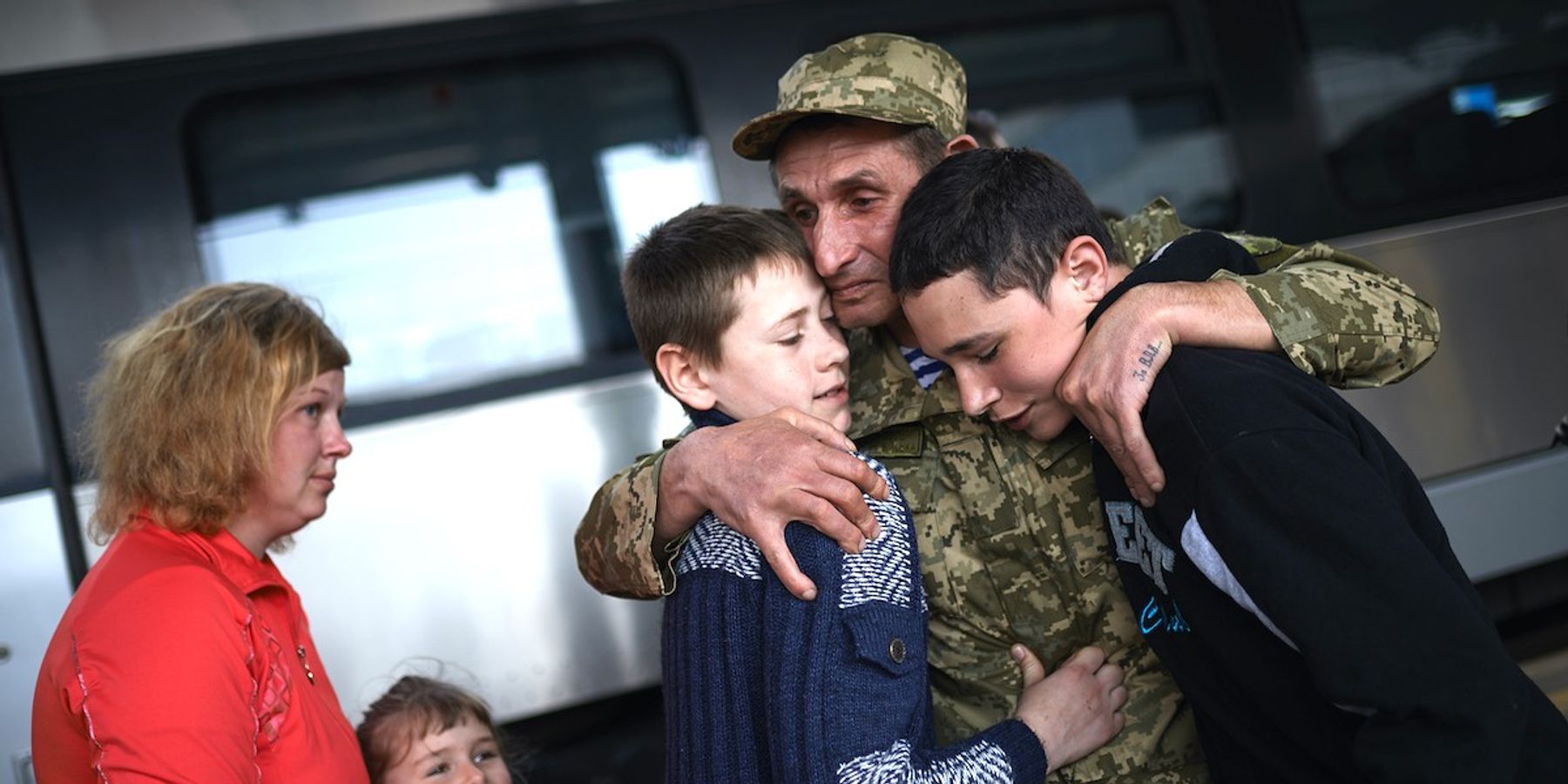A new Gallup study indicates that most Ukrainians want the war with Russia to end. After more than two years of fighting, 52% of those polled indicated that they would prefer a negotiated peace rather than continuing to fight.
Ukrainian support for the war has consistently dropped since Russia began its full-scale invasion in 2022. According to Gallup, 73% wished to continue fighting in 2022, and 63% in 2023. This is the first time a majority supported a negotiated peace.
Throughout the country, Kyiv polled the highest in support of a continued fight with Russia at 47%, and the eastern regions of Kharkiv, Dnipropetrovsk, Donetsk, and Zaporizhzhya all polled just 27% in support. Every region in the country polled below 50%.
Of the majority who supported a negotiated end, 52% agreed that “Ukraine should be open to making some territorial concessions as a part of a peace deal to end the war.” Additionally, of those polled who supported continuing the fight, 81% said that a victory should occur “when all territory lost between 2014 and now is regained, including Crimea.” But that number is down from 92% and 93% in 2022 and 2023 respectively.
The polling was conducted from August through October. During this period, President Volydmyr Zelensky ordered troops into Russia for the first time, taking a portion of Kursk in August, followed by a string of Russian battlefield successes in October in eastern Ukraine, and news that North Korean troops would soon be present on the battlefield, fighting for the Russians.
Even before these developments, however, the Ukrainian consensus around the war has been complex. The Carnegie Endowment for International Peace released a poll in June, which found 46% of respondents supporting an end to the war if Russia withdrew from the territories occupied since 2022, and 50% supporting an end if Russia withdrew from everywhere, save Crimea.
“These realities of Ukrainian public sentiment sadly weren't widely known until recently, but they were knowable,” said the Quincy Institute’s Mark Episkopos in a June article in The Nation. “This widespread sentiment in favor of peace provides President Zelenskyy with a powerful mandate to work with the incoming administration toward a shared strategy for reaching a negotiated settlement.”
In addition to the Ukrainian public, members of the military and government have also spoken in support of negotiation with Russia. Battery commander Mykhailo Temper told The Financial Times in an early October interview that “it’s quite hard to imagine we will be able to move the enemy back to the borders of 1991.”
According to FT, European diplomats noticed that Ukrainian officials were more open to agreeing to a ceasefire, even while Russian troops occupied parts of the country. One of the diplomats said, “We’re talking more and more openly about how this ends and what Ukraine would have to give up in order to get a permanent peace deal.”
As the war continues, life in Ukraine has gotten more difficult for the average citizen. A summer study from the Kyiv International Institute of Sociology found that 77% of respondents had experienced a loss of family members, friends, or acquaintances and two-thirds indicated that their wartime income was insufficient.
Additionally, an October report from Florence Bauer, head of the U.N. Population Fund in Eastern Europe, pointed to a population crisis in Ukraine, as 10 million (25% of the population) had either fled the country or been killed as a result of the conflict. In addition to the population loss, Bauer also highlighted a steep decline in fertility: “The birth rate plummeted to one child per woman – the lowest fertility rate in Europe and one of the lowest in the world.”
The Gallup report also found that more Ukrainians preferred that the European Union or the United Kingdom play a significant role in the peace process over the United States, with 70% preferring the EU and 63% the UK, compared to 54% supporting the United States under a hypothetical Harris presidency, and 49% under President-elect Trump.
















